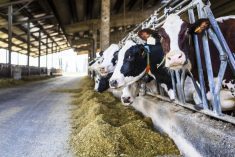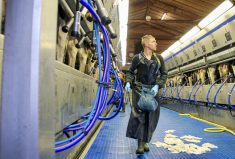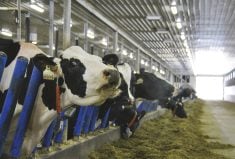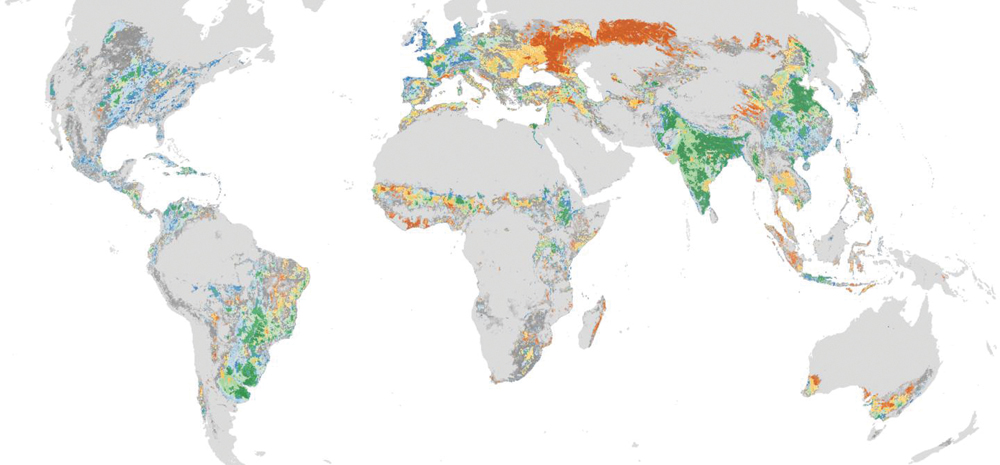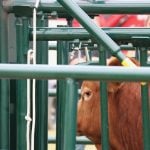Scientists with Aarhus University in Denmark have launched a four-year study studying the effects of adding oregano to dairy rations as a means of reducing the amount of methane they burp.
If their theory that methane emissions from dairy cows can be reduced by up to 25 per cent is confirmed, the tactic would become a natural alternative to existing strategies, which include adding fat or nitrate or increasing starch content in the feed.
Methane emissions from cows are a large problem for the climate, a university release says. When ruminants digest their feed, methane is formed as a natural byproduct of the microbial process in the rumen, and since methane is a 25 times more powerful greenhouse gas than carbon dioxide, there is a need to devise methods to reduce such emissions from cattle.
Read Also
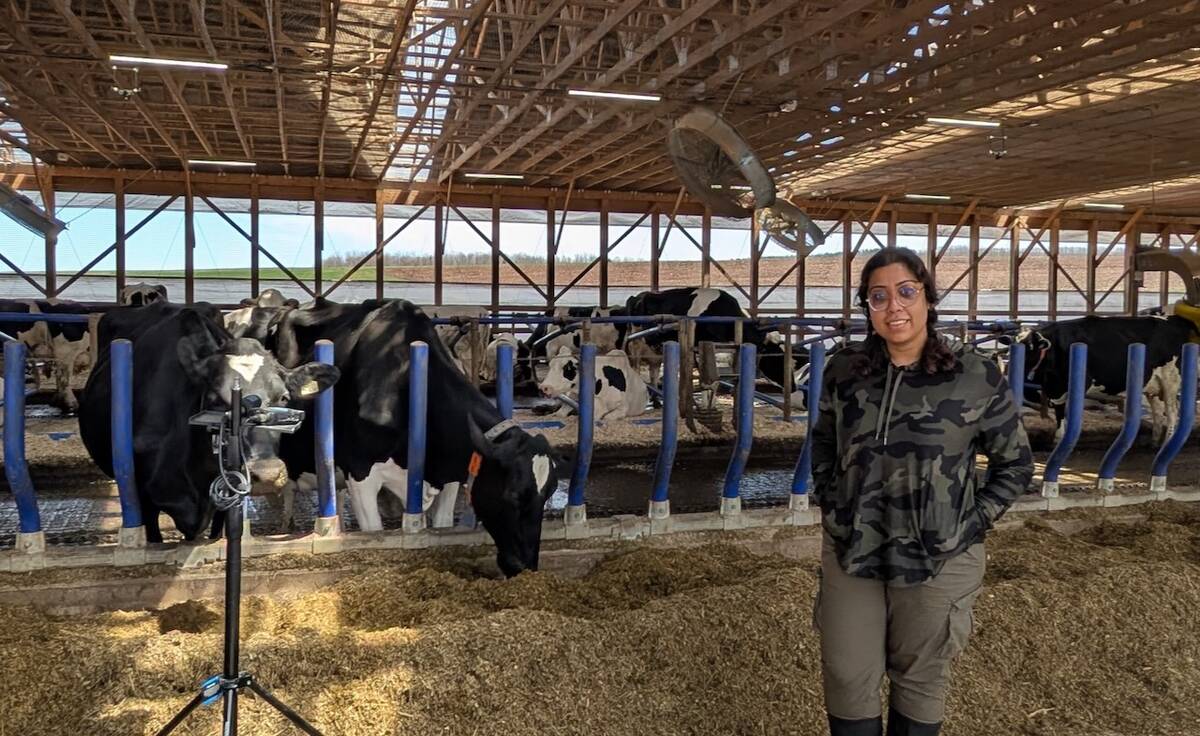
Moo translator and methane measures: There’s an app for that
Dalhousie University researchers use artificial intelligence to create new dairy farm apps that analyze cattle sounds and measure methane.
In the project, researchers from Aarhus University in co-operation with Organic Denmark and a number of commercial partners will be examining whether the addition of organic oregano to cattle feed can reduce the production of methane in the rumen and thus emissions of methane gas.
Oregano — especially the species Greek oregano (Origanum vulgare ssp hirtum) — is known for its high content of essential oils and its antimicrobial effect, and the plant is a natural tool for reducing methane production in the rumen, said project manager and senior researcher at the Department of Food Science, Kai Grevsen in the release.
High yield
“To succeed with the oregano project in practice, it is essential that we develop a product that has both a high yield and a high concentration of essential oils,” he said.
Although the climate is going to be the main beneficiary of the project, the hope is that the project will also benefit arable and dairy farmers. Previous studies indicate that oregano can improve the milk’s fatty acid composition, and the project participants will therefore be researching this aspect as well as the milk’s flavour.
“We know that the market for dairy products is characterized by an increasing willingness to pay more for milk with special qualities or values, especially organic, and we hope that in the project we will have a good and balanced dialogue with consumers about the climate and cattle production,” says Grevsen.
“It’s also important to remember that the project is relevant not only for organic milk producers. Should the results be positive, they can be implemented on all cattle farms, conventional and organic, so there is a really large potential.”





